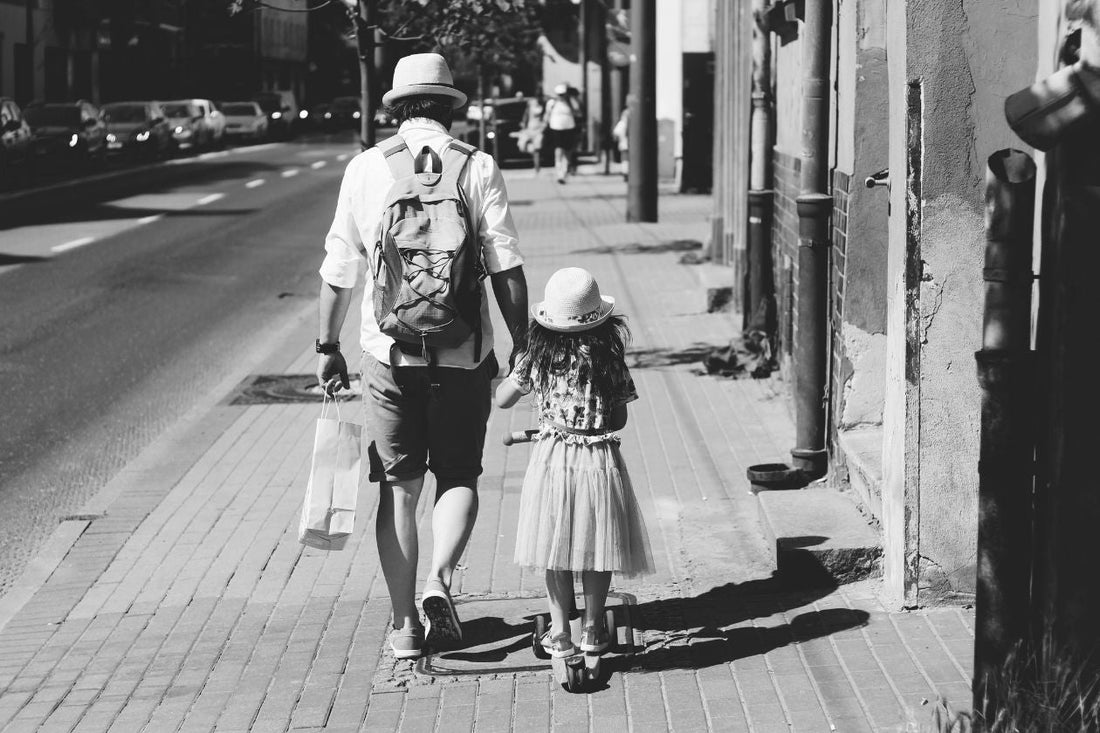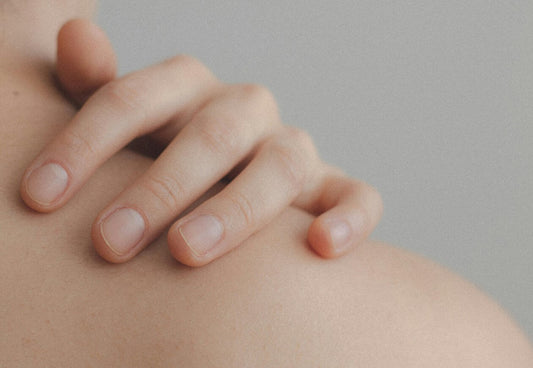
How Divorced Parents Can Keep Their Celiac Child Safe
Share
How Divorced Parents Can Keep Their Celiac Child Safe
Celiac disease doesn’t discriminate. It’s not an ordinary diet, not a parental whim, and definitely not something that only one parent should take seriously. Is your child celiac? Then both parents equally share the responsibility to ensure a completely gluten-free life – whether they live with the child full-time or only part-time.
The responsibility is shared – it cannot be shifted!
It’s common for the non-custodial parent to think that gluten-free meals are only the other parent’s job, since they spend most of the week with the child. This is a huge mistake! Celiac disease doesn’t pause on visitation days or weekends, and it cannot be ignored when “the child is with you.”
Many divorced parents expect the parent with primary custody to prepare, pack, and provide all gluten-free meals. This creates a huge emotional and financial burden and shifts all responsibility unfairly.
Think about other situations:
- If your child had a severe dairy allergy, would you expect the other parent to pack every safe meal for every weekend?
- If your child had diabetes, wouldn’t you learn how to provide the right food and insulin?
Celiac disease is exactly like that – every parent must be prepared and ensure a safe environment whenever the child is with them.
This is not a “whim,” it’s a lifelong responsibility
Too many parents still think a gluten-free diet is a fad, a trendy choice that the other parent is “overdoing.” This attitude is dangerous and irresponsible. A celiac child’s body cannot break down gluten, and every contaminated bite causes intestinal damage, potentially leading to serious long-term illnesses.
What should the non-custodial parent do?
- Learn about celiac disease: Read, check reliable sources, and ask the other parent. Don’t expect the other parent to carry the burden alone.
- Provide safe gluten-free food: Not just store-bought meals, but also homemade, safe options.
- Prevent cross-contamination: Ensure separate cutting boards, toaster, utensils, butter, jams, etc.
- Take the diet seriously: Even one “small bite won’t hurt” can make the child sick for weeks.
- Don’t rely solely on the other parent: As a responsible parent, it’s your duty to care for your child, both logistically and financially.
Your child’s health is a shared responsibility!
If you’re the non-custodial parent, you are equally responsible for your child’s safety. Celiac disease doesn’t disappear after divorce – and it’s your duty to learn and adapt as well.
If you are struggling with a parent who doesn’t take the gluten-free diet seriously, don’t ignore it! Your child’s health is not negotiable.
👉 Talk openly, educate each other, and work together to keep your child safe – everywhere, all the time!



